PROLOGUE

Nazareth, province of Galilee, Palestine
SEPTEMBER, A.D. 9
Joseph
 VERHEAD, ABOVE THE FLAT ROOF HE LIES on, the moon is full and patient-seeming. Thin black clouds drift across it like floating veils. He can make out the silvery olive trees near the house, the gentle rise of hills behind them, even the high walls of limestone beyond that. The long grasses move in the night wind, and he strains to hear better the faint sound of some animal he cannot identify. His back pains him and he cries out, shifting one shoulder reflexively. The movement causes him to draw in a sharp breath; he holds it, then lets it slowly leave his body. Better. This is the way, to release without protest. He hears someone coming and struggles to sit up. One of his sons? No. It is his wife, when he wanted so for her not to know he had left her side. His cry must have awakened her, and now she has come to him in haste, barefoot and sleep-tousled, a shawl wrapped carelessly about her.
VERHEAD, ABOVE THE FLAT ROOF HE LIES on, the moon is full and patient-seeming. Thin black clouds drift across it like floating veils. He can make out the silvery olive trees near the house, the gentle rise of hills behind them, even the high walls of limestone beyond that. The long grasses move in the night wind, and he strains to hear better the faint sound of some animal he cannot identify. His back pains him and he cries out, shifting one shoulder reflexively. The movement causes him to draw in a sharp breath; he holds it, then lets it slowly leave his body. Better. This is the way, to release without protest. He hears someone coming and struggles to sit up. One of his sons? No. It is his wife, when he wanted so for her not to know he had left her side. His cry must have awakened her, and now she has come to him in haste, barefoot and sleep-tousled, a shawl wrapped carelessly about her.
She sits beside him. Why are you come here again? She runs her hand, so light and cool, across his brow. You must stay in the house and save your strength.
He takes her hand and lays it over his chest, and she smiles her slow smile. The sight of her face brings him joy, as it always has. Yet in her eyes, even as she stares into his own, an unnavigable distance. So it will be, then, unto the end.
He points to the trees, the hills. Look. As though it were daytime, as though night has not come at all, nor ever will.
She nods sorrowfully, understanding him, and stares out at the land. He studies her profile: her high forehead, her strong nose, her soft mouth, the unloosened hair still so black it glints blue.
She turns back to him. Come. Let us go into the house. Shall I help you?
He shakes his head. I wish to remain here.
She sits quietly for a moment, then lies down next to him. Are you hungry?
No.
From the bodice of her gown she pulls out a small cloth and unfolds it. I have brought pistachios. And also I have dates.
No, he says, more gently.
Have you great pain?
Greatest is the pain that comes from the unanswered question in my heart.
Joseph. When will you believe?
I pray to now.
Then I shall pray with you, that you may know that what the angels have told you is true.
CHAPTER ONE

Nazareth
JANUARY, 4 B.C.
Joseph
 UTSIDE, A THUNDERSTORM RAGED. A GREAT wind frightened the animals and bent the trees low to the ground, shaking their leaves almost off their branches. But inside the house of just-married Simon and Esther, there was light and laughter. A long table covered with a striped cloth was pushed up close to the wall, and it was laden with earthenware platters decorated by palm fronds and piled high with eggplant and olives, with spit-roasted beef and lamb and fish, with rounds of flatbread, with grapes and oranges and figs and sweet cakes.
UTSIDE, A THUNDERSTORM RAGED. A GREAT wind frightened the animals and bent the trees low to the ground, shaking their leaves almost off their branches. But inside the house of just-married Simon and Esther, there was light and laughter. A long table covered with a striped cloth was pushed up close to the wall, and it was laden with earthenware platters decorated by palm fronds and piled high with eggplant and olives, with spit-roasted beef and lamb and fish, with rounds of flatbread, with grapes and oranges and figs and sweet cakes.
Beneath the table, sixteen-year-old Joseph sat cross-legged in silence, watching sandals and ankles and hems of tunics go by. No one had seen himhe was almost totally obscured by the tableclothand he enjoyed the anonymity. He was of course a man now, but he could not resist on occasion returning to the pleasures of boyhood. This was one such pleasure: to sit hidden and watch the elders as they drank ever more wine and acted ever more foolish. In the corner, he saw old Samuel weaving as he stood with his feet far apart, trying to focus on the face before him. Wine had sloshed from his wooden cup to dribble down his mantle. You will soon be on the floor, Joseph muttered, and was startled to hear a voice say, I am surprised he is not already.
Joseph turned to see a girl squatting just behind him. You have found the seat of honor, she said. May I join you here?
There was something familiar about her. We are known to each other? he asked.
She nodded. You have seen me many times. And you spoke to me when last you saw me. You came to the well when I was there last summer. I was gathering water with my mother; you were passing by with your father, Jacob.
Your memory serves you well. And I remember now, also. You are called Mary. She was a wonder to behold, with her black curls escaped from her braid, her cheeks flushed dusky rose, her gaze so direct and yet mysterious. She tucked her hair behind her ears, and he saw the lines of her high cheekbones beginning to assert themselves. Her lips were full and pink. He was suddenly dry-mouthed, his heart knocking about in his chest like a caged animal wild to be released.
Yes, I am Mary, she said. And you are called Joseph.
And her voice! Low and musical, laughlike. The utter completeness of her beauty was astonishing; it made for a rush of emotion in him so strong it felt like anger.
You havegrown, he told her, and his voice cracked, causing him to blush to the center of his soul.
She appeared not to notice but instead stared calmly into his eyes. And you also.
How old are you? he asked.
Newly thirteen. And you?
Seventeen in two days.
They regarded each other carefully, and then he ducked down and pointed to the people before him who had joined hands and made a circle to dance. They whooped and called out to one another, stamped their feet, threw their heads back and laughed. They rejoice so! Joseph said, caught between wanting to admire them and to ridicule them. It is as though King Herod has died and the Messiah has come, both together!
She came closer and peered from beneath the cloth to see the dancers, then sat next to Joseph. It makes me happy, their happiness, she said, and there was in her simple statement a truth that made him ashamed of his ambivalence.


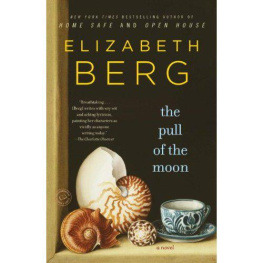
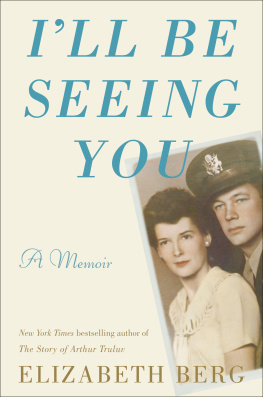

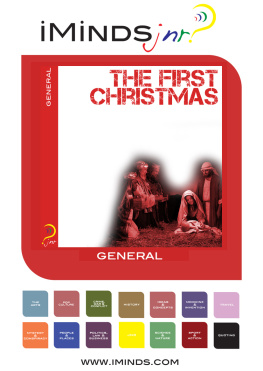
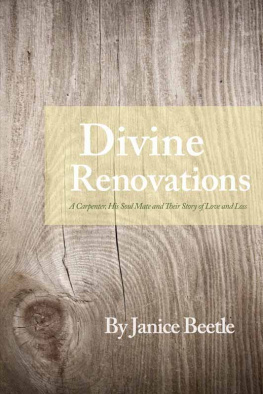
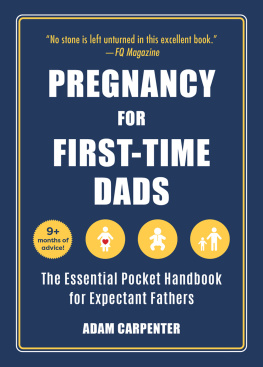
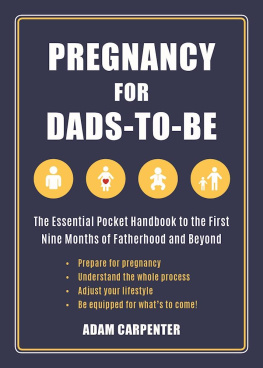

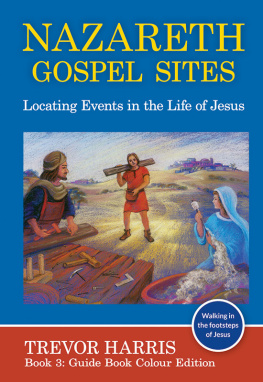
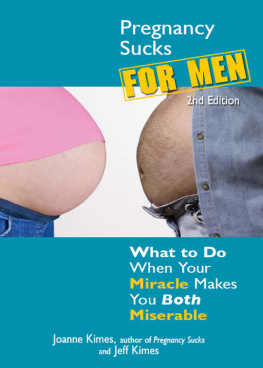
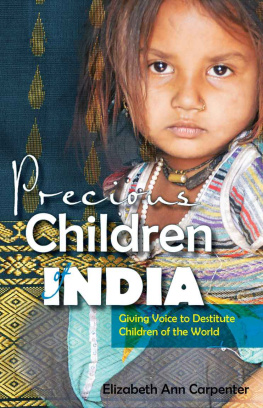
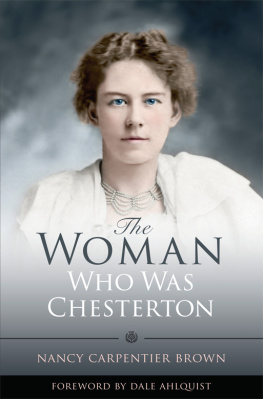
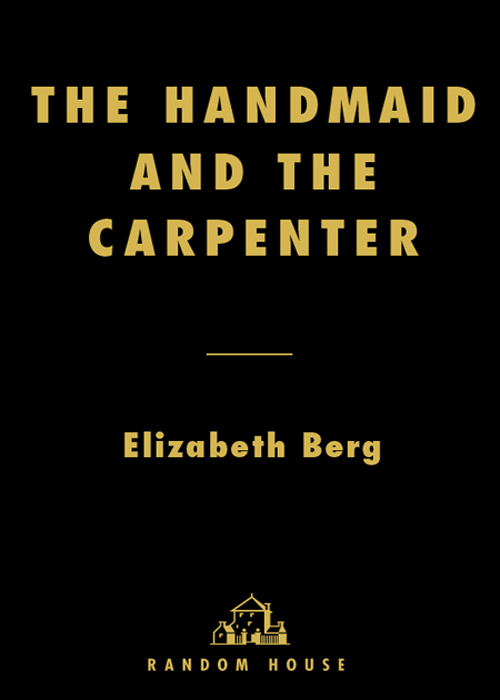

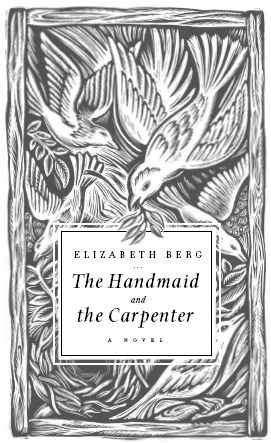

 VERHEAD, ABOVE THE FLAT ROOF HE LIES on, the moon is full and patient-seeming. Thin black clouds drift across it like floating veils. He can make out the silvery olive trees near the house, the gentle rise of hills behind them, even the high walls of limestone beyond that. The long grasses move in the night wind, and he strains to hear better the faint sound of some animal he cannot identify. His back pains him and he cries out, shifting one shoulder reflexively. The movement causes him to draw in a sharp breath; he holds it, then lets it slowly leave his body. Better. This is the way, to release without protest. He hears someone coming and struggles to sit up. One of his sons? No. It is his wife, when he wanted so for her not to know he had left her side. His cry must have awakened her, and now she has come to him in haste, barefoot and sleep-tousled, a shawl wrapped carelessly about her.
VERHEAD, ABOVE THE FLAT ROOF HE LIES on, the moon is full and patient-seeming. Thin black clouds drift across it like floating veils. He can make out the silvery olive trees near the house, the gentle rise of hills behind them, even the high walls of limestone beyond that. The long grasses move in the night wind, and he strains to hear better the faint sound of some animal he cannot identify. His back pains him and he cries out, shifting one shoulder reflexively. The movement causes him to draw in a sharp breath; he holds it, then lets it slowly leave his body. Better. This is the way, to release without protest. He hears someone coming and struggles to sit up. One of his sons? No. It is his wife, when he wanted so for her not to know he had left her side. His cry must have awakened her, and now she has come to him in haste, barefoot and sleep-tousled, a shawl wrapped carelessly about her. UTSIDE, A THUNDERSTORM RAGED. A GREAT wind frightened the animals and bent the trees low to the ground, shaking their leaves almost off their branches. But inside the house of just-married Simon and Esther, there was light and laughter. A long table covered with a striped cloth was pushed up close to the wall, and it was laden with earthenware platters decorated by palm fronds and piled high with eggplant and olives, with spit-roasted beef and lamb and fish, with rounds of flatbread, with grapes and oranges and figs and sweet cakes.
UTSIDE, A THUNDERSTORM RAGED. A GREAT wind frightened the animals and bent the trees low to the ground, shaking their leaves almost off their branches. But inside the house of just-married Simon and Esther, there was light and laughter. A long table covered with a striped cloth was pushed up close to the wall, and it was laden with earthenware platters decorated by palm fronds and piled high with eggplant and olives, with spit-roasted beef and lamb and fish, with rounds of flatbread, with grapes and oranges and figs and sweet cakes.